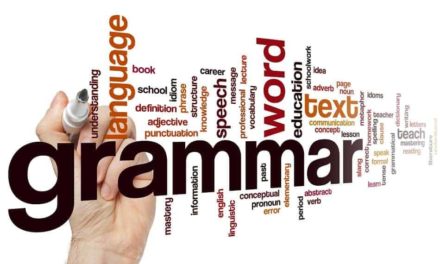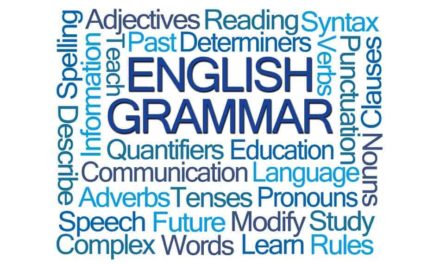Opening Sentences – Achieving an Impact in Academic Writing
Scholars often talk about the profound impact the results of their research will have on the advancement of knowledge in their fields or the positive impact earning citations will have on their careers and research, but too many academic and scientific authors do not dedicate enough thought to the impact that the opening sentences of their publications may have, for good or ill, on each and every reader who encounters their writing. With so much scholarly material competing for the attention of today’s readers, the first sentences of a text can and often do make or break a book, article or blog.
Academics and scientists are very busy people and often pressed for time, a situation that necessitates an efficient strategy for keeping up with the many publications that appear in every field each year. Reading the opening sentences of an article or blog or the first sentences of each chapter of a book or long report to determine whether or not the research it contains will be relevant and valuable is an extremely common practice among scholarly readers who have little time to waste on text that will not contribute to their own work. This practice renders the first words you write in any document absolutely vital: they must hook the attention of the reader and generate confidence in you as a writer and researcher so that he or she will be inspired to look more closely at your methods, results and conclusions and ultimately decide to give your publication a thorough read and maybe even cite it. An opening that promises poor writing and hints at poor analysis runs the risk of losing readers before they even know exactly what your research is all about.
Fortunately, there are sound strategies for writing opening sentences that will have the impact you desire. For one, you should start with an idea that is important, striking or out of ordinary and that also encapsulates or alludes to your research. A revealing statistic, an odd or memorable quotation, a specific incident, a conundrum or paradox or perhaps a very brief narrative about some challenging or entertaining aspect of your investigation are good examples of catchy openings that will have readers wanting to learn more. It is also wise to motivate potential readers by pointing out or emphasising why they should care about the fascinating idea you have just introduced and therefore about the research your article or book reports. This involves stepping a little beyond your own inside view of your work and anticipating the interests and concerns of the readers you hope to win, an exercise in perspective that will improve your writing in a wide variety of ways.
It is also essential to ensure that your opening is beautifully written. Your sentences should not be too long and they should not all bear the same basic structure. The active voice using specific subjects and punchy verbs will prove more effective than a vague passive voice. Your prose must be clear and concise and your vocabulary carefully chosen for precision and accessibility. Finally, errors in spelling, punctuation and grammar must be avoided at all cost. Such errors are sloppy, unprofessional and potentially confusing for readers, and it is wise to remember that no one wants to slog through writing that is unclear and riddled with mistakes, especially when the content is complex.

















